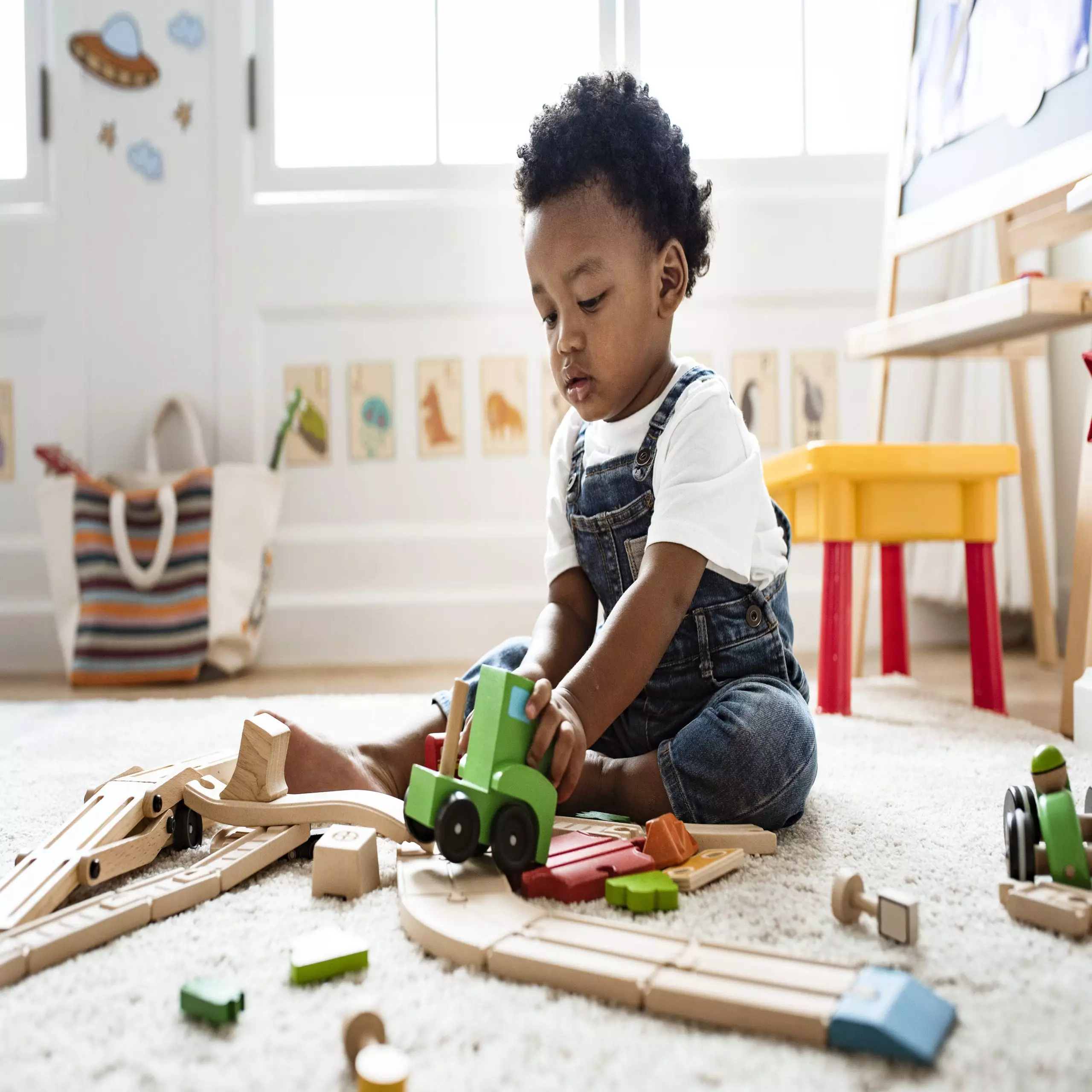Raising toddlers is a complex and rewarding experience that requires parents to engage actively in their child’s growth. The early years of life serve as a crucial period for cognitive, emotional, and physical development. Research indicates that about 85% of brain development occurs within the first three years of a child’s life, highlighting the importance of intentional interactions during this formative stage. Here, we will explore various effective strategies that can help foster growth in toddlers, emphasizing positive communication and experiences.
The Importance of Early Literacy
One of the most significant ways parents can support their toddlers’ development is through reading. Saying, “Let’s turn off the iPad and read a book together; will you turn the pages?” turns screen time into valuable bonding time. Reading not only enhances language and literacy skills but also lays the groundwork for academic success in later years. Selecting books with vibrant illustrations and engaging narratives sparks a toddler’s imagination while building their vocabulary. Topics aligned with your child’s interests, such as animals or vehicles, will resonate more, keeping their enthusiasm alive. Avoiding scary plots is essential as young minds are still learning to interpret the world around them, and positive, relatable stories can help alleviate any fear.
Eating habits initiated in early childhood can influence a child’s health for years to come. Transitioning from formula or breast milk to whole foods can be tricky; thus, communicating choices like, “Let’s have some milk instead of juice,” is an effective strategy. Milk offers essential nutrients, including calcium and fortified vitamin D, to help toddlers grow strong. Meanwhile, it is vital to provide a varied diet, as toddlers are often picky eaters. Maintaining an open dialogue about food can encourage healthier choices. Engaging them in fun activities around food, like tasting challenges or imaginative cooking, can make nutrition more appealing.
Encouraging Physical Activity
Physical activity is a key component of a toddler’s development. When parents say, “Let’s go outside and practice riding your big kid bike!” they are not just promoting active play; they are also nurturing motor skills and coordination. Outdoor activities teach toddlers about movement and balance while allowing them to expend their natural energy. Equipment such as tricycles, wagons, and play balls can engage children physically and mentally, creating a comprehensive learning experience through active play.
Fostering Positive Eating Experiences
When it comes to navigating the ever-changing preferences of toddlers, persistence is vital. Phrases like, “Let’s try a tiny taste of that broccoli, one more time,” promote an exploratory mindset. Research suggests it may take up to 15 exposures for a child to become accustomed to a new food. Rather than forcing a child to eat or reacting negatively to their refusal, parents should present food playfully. Cutting vegetables into fun shapes or introducing dips can transform mealtime into an engaging experience, ultimately making nutrition more enjoyable.
Enhancing Cognitive Skills through Play
Engaging in play is fundamental to cognitive development. Telling a toddler, “Let’s figure out this puzzle together,” allows them to experiment and learn through trial and error. Toys that encourage thinking and problem-solving, like puzzles and building blocks, are perfect for nurturing creativity and logical reasoning. Activities that promote fine motor skills are equally important, as they enhance hand-eye coordination and spatial awareness. The value of open-ended toys cannot be overstated; they provide a blank canvas for young minds to explore creativity.
The benefits of outdoor play extend beyond mere physical activity. By stating, “Let’s go outside and work in our garden,” parents can introduce their toddlers to nature’s wonders. Studies have shown that children who engage with natural environments are often more creative, less aggressive, and demonstrate improved focus. Simple activities, such as gardening, can instill a sense of responsibility and connection to the environment. Toys like buckets and shovels encourage exploratory play, allowing toddlers to engage with their surroundings productively.
Creating Memorable Experiences
Finally, it’s essential to understand that not every gift needs to be a physical item. When asking family for birthday gifts, suggesting experiences, such as “Let’s ask Grandma for tickets to the zoo for your birthday,” leads to cherished memories that contribute to happiness. Parenting is about creating emotional connections and engaging moments, and fostering a sense of adventure is critical during these early years. Whether it’s a trip to the zoo, a weekend picnic, or a visit to a local farm, experiential gifts can profoundly impact a child’s development and happiness, creating lasting memories that they and their parents will treasure.
In wrapping up, parents hold the keys to nurturing healthy, happy toddlers by incorporating reading, healthy eating, physical activity, creative play, outdoor exploration, and experiential learning into their daily lives. Each interaction holds the potential to inspire and foster growth, laying a solid foundation for a child’s future development. Through positive communication and intentional activities, parents can support their child’s journey in becoming well-rounded individuals.

